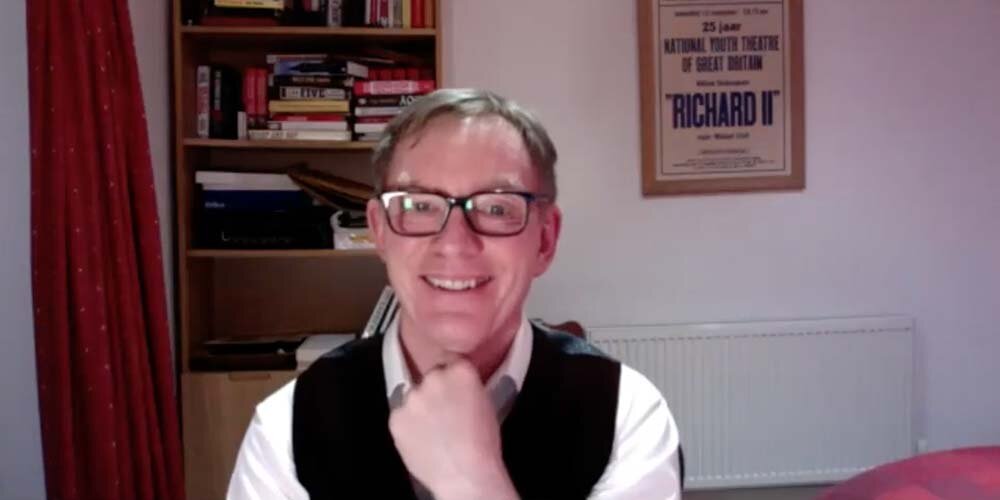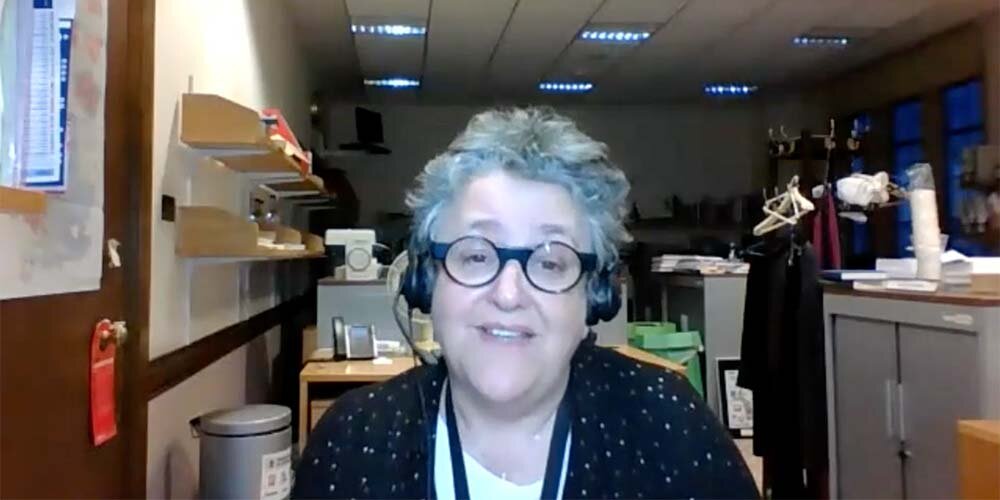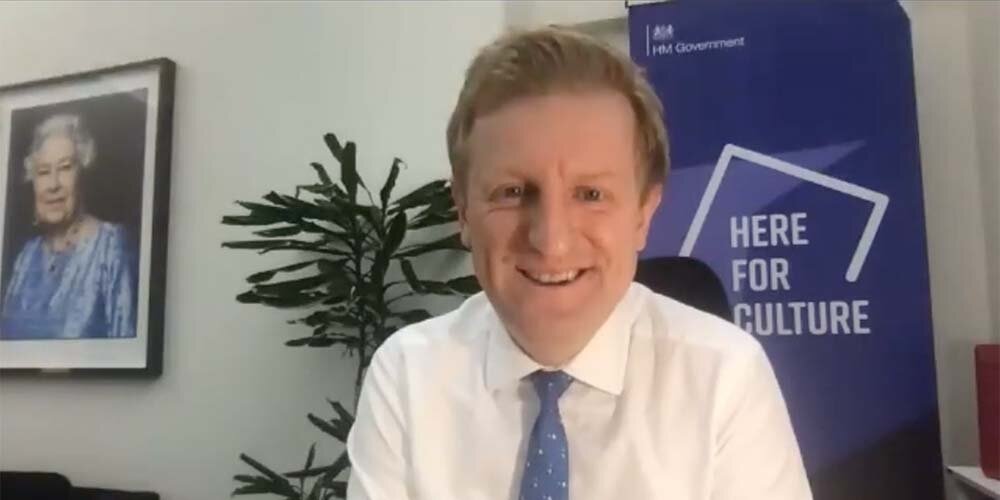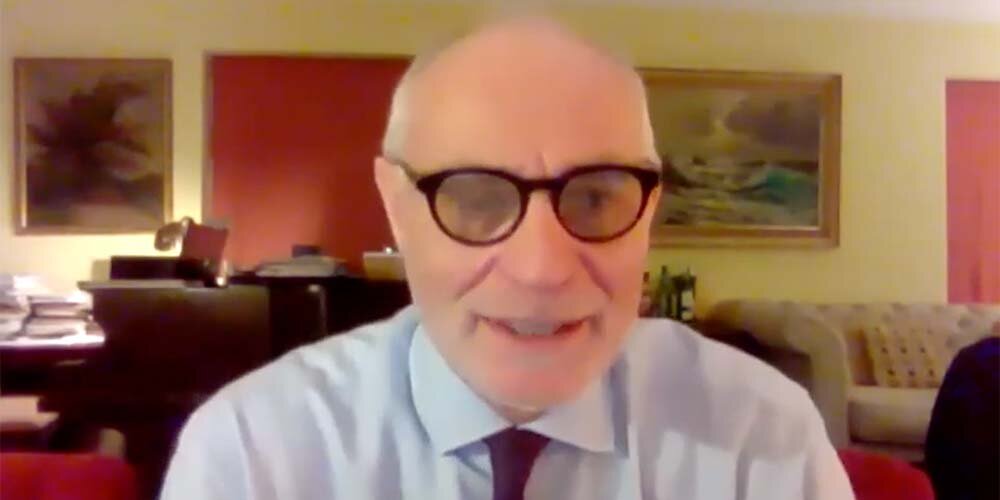Published with kind permission of ILGA World
Written by Daniele Paletta
Researched by Maddalena Tomassini
Covid-19 has exacerbated inequalities worldwide, and had a disproportionate impact on LGBTI persons. This week, the latest report by the UN Independent Expert on SOGI to the UN General Assembly has emerged as a strong call on States to ensure that their responses to the pandemic do not discriminate against our communities.
Meanwhile, worrying news has emerged from many corners of the world: in Argentina, a court has failed to recognise the murder of a trans activist as a hate crime, backtracking from a previous historic ruling. In the United States, two Justices at the Supreme Court openly renewed their attacks on marriage equality.
In Japan, a politician has claimed that discussing diversity in schools would lead to having no children in the future. In Bulgaria, a teenage mob organised an attack against a group of peers and posted the footage on social media, in a chilling attempt to target them on the grounds of their sexual orientation.
And yet, despite this concerning news, we continue to see small victories, and to work together in unity to take steps towards equality. During a trial in Kenya, the prosecutor was ordered to stop deadnaming a trans woman in court and to respect her identity. In Aotearoa New Zealand, ahead of the country’s general elections, LGBTI organisations have teamed up to present their demands to the incoming government, and are obtaining encouraging pledges. From all over the world, our communities gathered together virtually this week to celebrate International Lesbian Day.
Latin America and the Caribbean
Argentina: Court refuses to recognise murder of activist Diana Sacayán as a hate crime
In a disappointing setback, the Court of Cassation in Argentina has failed to recognise the murder of activist Diana Sacayán as a hate crime.
While confirming the lifetime prison sentence for the man who killed her, the decision overturned an historic aspect of the 2018 ruling, which had considered the crime as an act of gender-based violence and had listed hatred on the grounds of gender identity among its aggravating factors.
Diana Sacayán, the travesti activist who was among the driving forces behind the law to establish workplace quotas in the public sector for trans persons, was murdered in October 2015: she was only 39 years old. At the time, she was a member of the Movimiento Antidiscriminatorio de Liberación (M.A.L.) and alternate representative of the then-Trans Secretariat on the Board of ILGA World.
Three years later, a 25-year-old man was sentenced to life imprisonment for the crime. The ruling had been considered historic: “The murder of a travesti person had never led to a trial where the victim’s gender identity was recognised among the grounds for the crime,” the plaintiff had explained. “There also are only a few cases of murders of travesti persons that have reached the trial stage, and a sentence was delivered just in four of such cases.” According to reports, the term travesticidio had never been used in courts across Latin America before this trial.
Two years later, however, the Cassation argued that there is no evidence to prove that the murder was a hate crime - a decision that has shocked many across the country. “Similar actions show how a gender perspective is lacking in how justice is administered”, said Eli Gomez Alcorta, minister of Women, Gender and Diversity. “There’s an urgent need for change”.
More news from Latin America and the Caribbean
The Inter-American Commission on Human Rights has held its first public hearing on the question of marriage equality in Panama. Meanwhile, the country’s Supreme Court of Justice appears to be divided on the issue.
A new report has documented how the governments of El Salvador, Guatemala and Honduras have failed to effectively address violence and discrimination against LGBTQ people, leading many to seek asylum in the United States – where policies have created additional barriers for them.
In Mexico, the State of Sonora reformed the local Civil Registry Law to guarantee the right to legal gender recognition to people over 18.
In Santa Ana, El Salvador, the Anglican Episcopal Church has opened a shelter for LGBTQ people who are homeless or were forcibly displaced.
At least 29 trans persons have been murdered in Colombia since the beginning of 2020, according to grassroots organisations.
North America and the Caribbean
United States: Supreme Court Justices renew attack on marriage equality ruling
In what human rights organisations have called “a looming threat”, two conservative Justices in the Supreme Court have openly suggested that Obergefell v. Hodges - the landmark 2015 ruling thanks to which marriage equality became a reality in the United States – should be overturned.
The remark came as the Supreme Court decided not to review an appeals court decision in the case brought by Kim Davis, the county clerk who had refused to grant marriage licenses to two same-sex couples.
In a statement to comment on that decision, however, Justice Clarence Thomas and Justice Samuel Alito argued that “the (Supreme) Court has created a problem that only it can fix. Until then, Obergefell will continue to have 'ruinous consequences for religious liberty.”
The comment was met with concerns and outrage by human rights organisations, who openly spoke about a “renewed war on LGBTQ rights and marriage equality”, and noted how the potential appointment of Amy Coney Barrett to replace Ruth Bader Ginsburg at the Supreme Court could push its balance to more conservative positions.
“The Court could significantly water down what marriage equality means for LGBTQ couples across the nation”, Human Rights Campaign president Alphonso David commented. “From eliminating hospital visitation rights and medical decision-making in religiously affiliated medical centres to granting businesses a license to discriminate against LGBTQ couples, ‘skim-milk marriage’ would have a devastating effect on our community’s ability to live freely and openly. Our love is valid, our love is equal, and our rights must be.”
More news from North America and the Caribbean
A study has shown that LGBT people in the United States are nearly four times more likely to experience violent victimisation than their peers. About half of these incidents are not reported to the police.
A gay man and a straight woman who have a child together and are emotionally committed to one another can form a ‘conjugal relationship’, a judge in Canada ruled in a spousal immigration case.
An out gay man has been nominated to the Supreme Court of California, United States for the first time in the State’s history.
A new poll conducted in the United States highlighted how the confluence of the Covid-19 pandemic and recent episodes of racial violence have affected LGBTQ youth and their mental health.
Europe and Central Asia
Bulgaria: group of teenagers attacked in a park by peers in homophobic assault (trigger warning: violence)
A group of students aged 14 and 15 has violently attacked a group of peers in a public park in the city of Plovdiv, targeting them on the grounds of their perceived sexual orientation.
According to reports, the young mob claimed to have organised the raid to “cleanse the city park”, recorded their action on camera and posted the video on a social network. At first, a group of girls were violently harassed and insulted; the mob, then, proceeded to throw eggs at them and to beat them up. Police were late to intervene, according to comments on social media. The local prosecution has vowed to investigate, but no comment so far has come from Plovdiv’s mayor or from government officials. According to reports, other similar raids were organised in other cities across Bulgaria, but no reports of incidents have emerged so far.
Most disturbingly, the incident in Plovdiv happened only a few days before the anniversary of the homophobic murder of Mihail Stoyanov, a 25-year old student who was killed in a public park in Sofia in 2008. Also in that case, back then, his murderers had spoken about their will to “clean up the park” from men they had perceived to be gay.
“Unfortunately, such an organised aggression does not surprise us: it only shows why it is so important to talk about hatred, extremism and radicalisation against diversity, especially in schools”, the human rights organisation Single Step commented on social media. “We strongly condemn any such act and will continue to work to educate young people and address issues such as hate speech and school bullying.”
More news from Europe and Central Asia
A court has begun hearing a case brought against the National Health Service’s only clinic serving young gender-questioning and gender-diverse people in England and Wales.
The president of Serbia nominated Ana Brnabic – the first out lesbian women to serve as Prime Minister in the country - to remain in office for another term.
The Council of Europe has held a conference on the Role of the European Convention on Human Rights in advancing equality for LGBTI persons.
Oceania
Aotearoa New Zealand: ruling party vows to ban ‘conversion therapy’ if re-elected, as queer organisations list key demands to incoming government
A few days before the upcoming general elections, political parties across Aotearoa New Zealand are responding to the issues brough forward by eleven LGBTI organisations, which have joined forces to issue a list of key demands to the incoming government.
Many of the organisations involved have a strong focus on youth issues, and have aptly renamed the working group Youth Sector Rainbow Collective. Their demands - which were sent to the Parliamentary Rainbow Network alongside the current Health, Statistics & Education Ministers – include introducing an informed consent model of care for gender-affirming healthcare, a ban on 'conversion therapy', a national mental health strategy and providing emergency housing for LGBTI young people amongst others.
"Rainbow communities are disproportionately impacted by discrimination in Aotearoa and therefore disadvantaged in workplaces, healthcare settings and schools,” said Tabby Besley, Managing Director of InsideOUT. “There is still work to be done to achieve legal human rights for trans, non-binary and intersex New Zealanders and to protect our communities from things like 'conversion therapy'. Our collective would like to see more political parties take a stand in support of this."
Among the parties’ announcements in response to these requests, one made headlines worldwide: in case of re-election, the Labour party has vowed to ban ‘conversion therapy’, receiving mixed reactions by other parties. The pledge to ban such discredited and unscientific 'treatments' was among the pledges included in the party's recently launched platform on rainbow policies.
More news from Oceania
In Australia, human rights group are calling for more funding for professional and non-religious counsellors, and LGBTIQ+ inclusive training for school chaplains, in the wake of this week’s budget announcement.
The Samoa Fa’afafine Association took part in two national governance consultations to address gender-based violence and children protection, and to shape the law and justice sector plans for the years ahead. “Changes come from within by working together with our communities”, the association said.
Asia
Japan: politician criticised for claiming that diversity education in school would lead to “no children”
A local politician has been heavily criticised across the country for claiming that, should schools be required to teach students about rainbow families and LGBTI issues, the central Tokyo district he represents would cease to exist.
“If lesbians and gays spread (…) completely we will have no residents because it means there will be no children,” Masateru Shiraishi - chairman of the Adachi Ward welfare committee – said during a debate about the proposed law.
Asked by a newspaper to clarify his position, he also claimed that “if LGBT people get focused on in an excessive manner, then children will lose their sense of the need for having and raising more children in the future.”
His remarks have caused outrage to the point of receiving a warning by the assembly speaker as well as by his own party. Human rights organisations have also called out the politician: “The LGBT population does not increase or decrease because of education,” said Yuichi Kamiya, secretary general of the Japan Alliance for LGBT Legislation, calling on Shiraishi to either leave office or retract his remarks.
The backlash on social media was also swift, with Shiraishi’s comments condemned as hate speech that should disqualify him from public office.
More news from Asia
In India, the Delhi Commission for Protection of Child Rights has appointed two expert advisors in a case to ban unnecessary surgeries on intersex children.
In the Philippines, the city of Zamboanga has passed an ordinance which includes sexual orientation, gender identity and gender expression among the protected grounds from discrimination. The provision now awaits the mayor’s signature to officially come into force.
In Sri Lanka, recent cases of arrests of persons accused of engaging in consensual same-sex activity have stirred a public debate, while activists pointed out that the legal landscape and law enforcements continue to contribute to the persecution of our communities in the country.
Africa
Kenya: Court directs prosecutor to address trans woman according to her gender identity
A court in the city of Eldoret, Kenya has directed the prosecution to stop referring to a trans woman by her deadname as her case is being discussed, and to respect her gender identity.
The woman is currently facing trial as she is accused of having fraudulently obtained registration documents in 2015. During the proceedings, however, the prosecution has continued to address her with both her name and her deadname – something that the defense lawyer compared to psychological torture – until the judge issued a clear call to respect her gender identity.
As ILGA World’s Trans Legal Mapping Report points out, Kenyan law does not explicitly criminalise trans and gender diverse people, but a number of provisions is still used to target them. In 2019, for example, the woman currently under trial was arrested and charged with “impersonating a female”, and multiple similar cases have been reported across the country.
More news from Africa
Hate crimes against queer persons continue unabated across South Africa, a human rights organisation reported, as three more cases were made public during the past weeks.
A report has cast a light on how incidents of human rights violations against key populations have increased by 86% in Uganda between 2018 and 2020.
The queer activists who had occupied a property in Camp Bay, South Africa as a protest action against inequality and a lack of safe spaces have announced they will leave the house as ordered by the courts, but have appealed for safe accommodation for four of their members.








